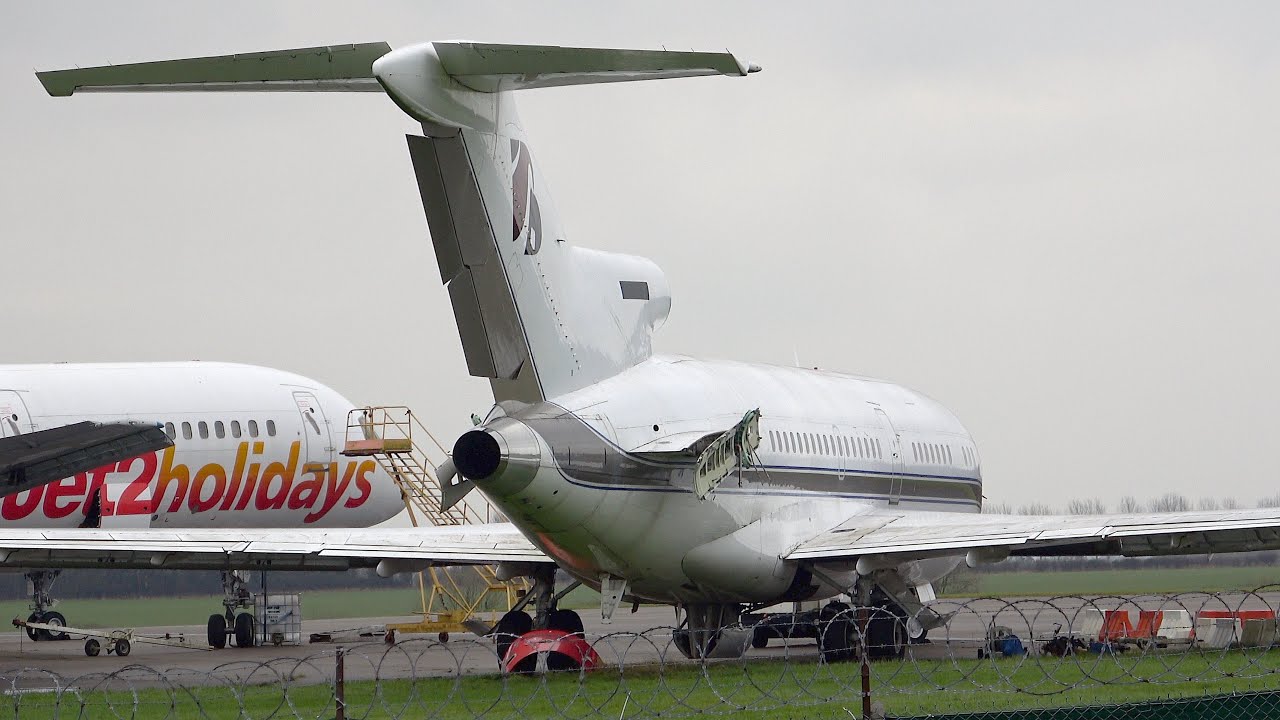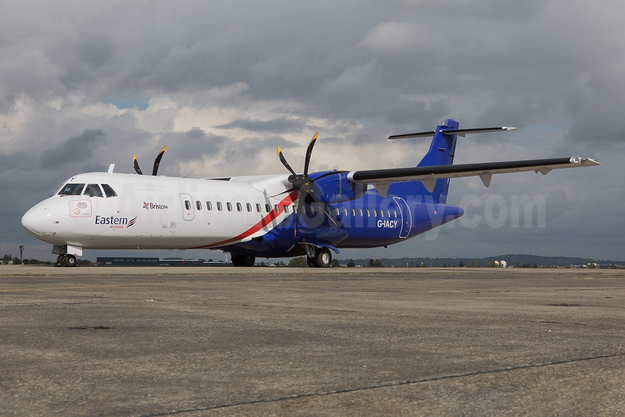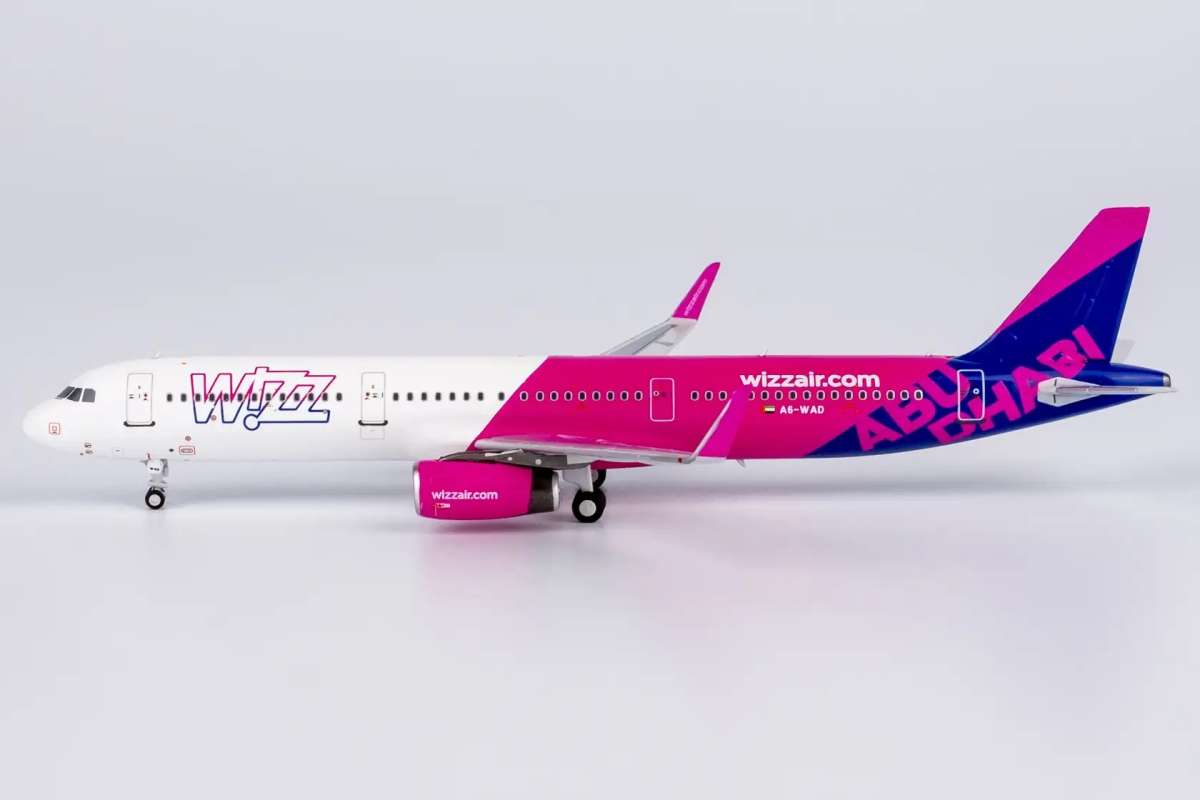Understanding the Role of the International Air Transport Association (IATA)

Introduction
The International Air Transport Association (IATA) is a pivotal entity in the global aviation sector, representing approximately 290 airlines across 120 countries. As the aviation industry rebounds from unprecedented disruptions caused by the COVID-19 pandemic, IATA’s role in shaping policies, establishing safety standards, and enhancing travel regulations has never been more significant. In this article, we delve into recent developments within IATA and its implications for the global air transport landscape.
Recent Developments and Events
In its recent statement, IATA has reported a notable increase in air traffic, with global passenger numbers reaching 75% of pre-pandemic levels by mid-2023. This resurgence has been attributed to an increased demand for leisure travel and the easing of travel restrictions. However, challenges such as rising fuel prices and worker shortages continue to affect airline operations worldwide.
At the IATA Annual General Meeting (AGM) held in June 2023, industry leaders discussed the urgent need for improvements in sustainability practices. The association has set ambitious targets for reducing carbon emissions, aiming for a 50% reduction in net emissions by 2050 compared to 2005 levels. Emphasising innovation, IATA is promoting the development of sustainable aviation fuels (SAFs) and new technologies to support this goal.
IATA’s Impact on Regulations and Safety Standards
IATA plays a crucial role in developing industry-wide standards that enhance safety, efficiency, and security in air transport. Efforts to streamline travel processes have led to increased collaboration with governments and health organisations, especially in response to COVID-19 protocols. Some key initiatives include the implementation of the IATA Travel Pass, which facilitates the safe exchange of COVID-19-related travel data.
The IATA’s commitment to supporting airlines during recovery is highlighted through its financial assistance programmes and guidelines for operational adjustments to meet evolving passenger needs. By advocating for industry interests in regulatory discussions, IATA ensures that airlines can adapt swiftly to the dynamic landscape of air transport.
Conclusion
As the aviation sector continues to recover and redefine itself post-pandemic, the role of the International Air Transport Association remains vital. With a focus on safety, sustainability, and adaptability, IATA is instrumental in steering the future of air travel towards a more prosperous and environmentally responsible direction. Stakeholders in the aviation industry, including airlines and passengers alike, will benefit from the ongoing initiatives and standards set forth by IATA, ensuring a safer and more sustainable travel experience in the years to come.
You may also like

Cotswold Airport: A Significant Hub for Aviation in the UK

Everything You Need to Know About Eastern Airways Flights

An Overview of Wizz Air: Growth and Future Prospects
SEARCH
LAST NEWS
- Remembering Wendy Richard: The Promise to Co-Star Natalie Cassidy
- How Did Anglian Water Achieve an ‘Essentials’ Rating for Mental Health Accessibility?
- Shai Hope Leads West Indies in T20 World Cup Clash Against South Africa
- What We Know About Weston McKennie: Future at Juventus and Past at Leeds
- What We Know About the Upcoming Live Nation Antitrust Trial